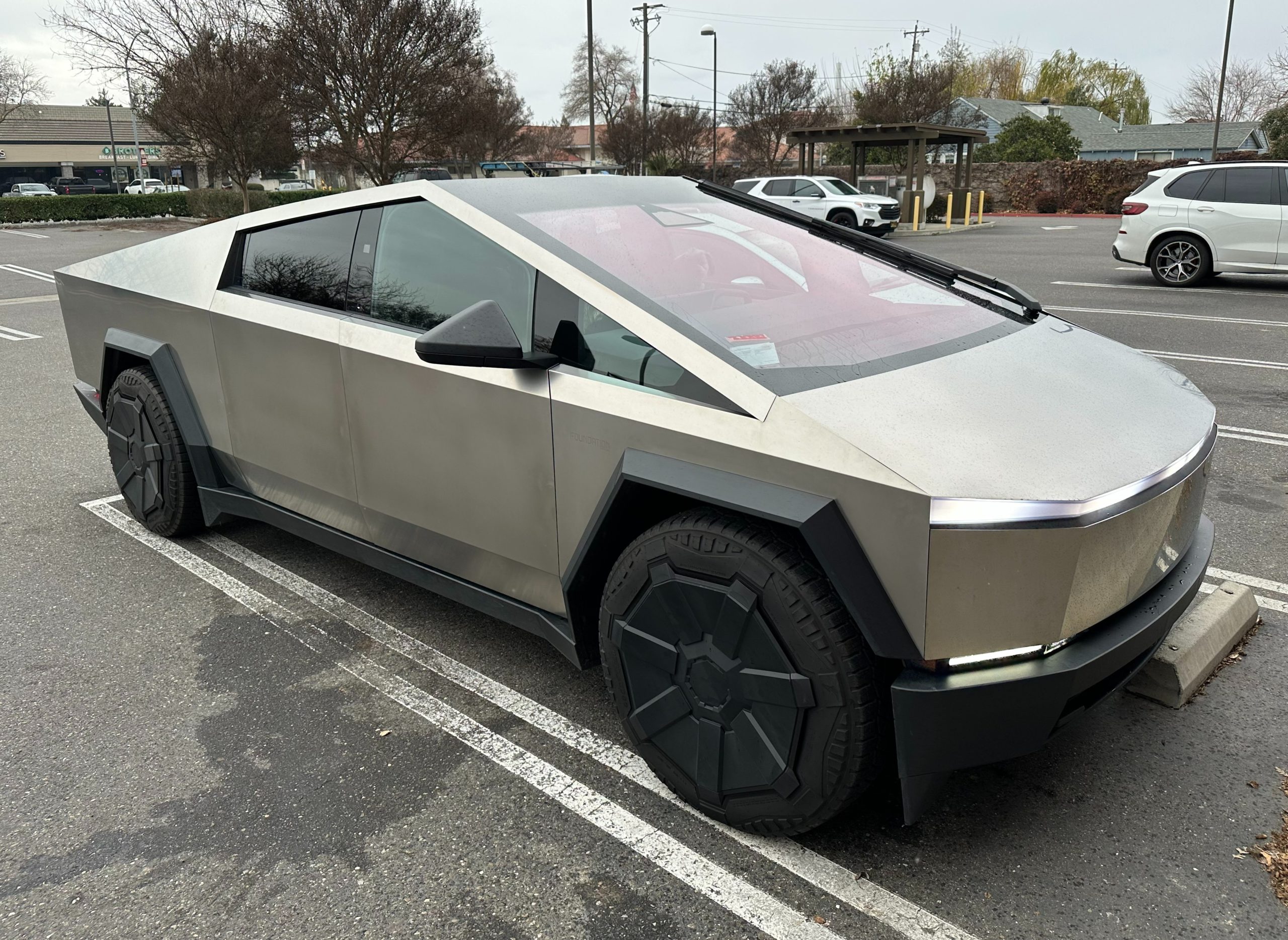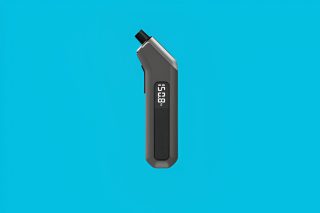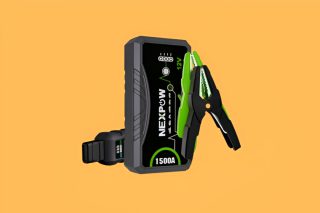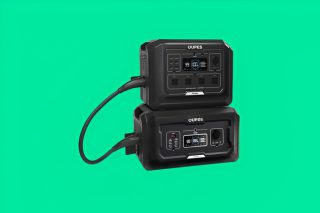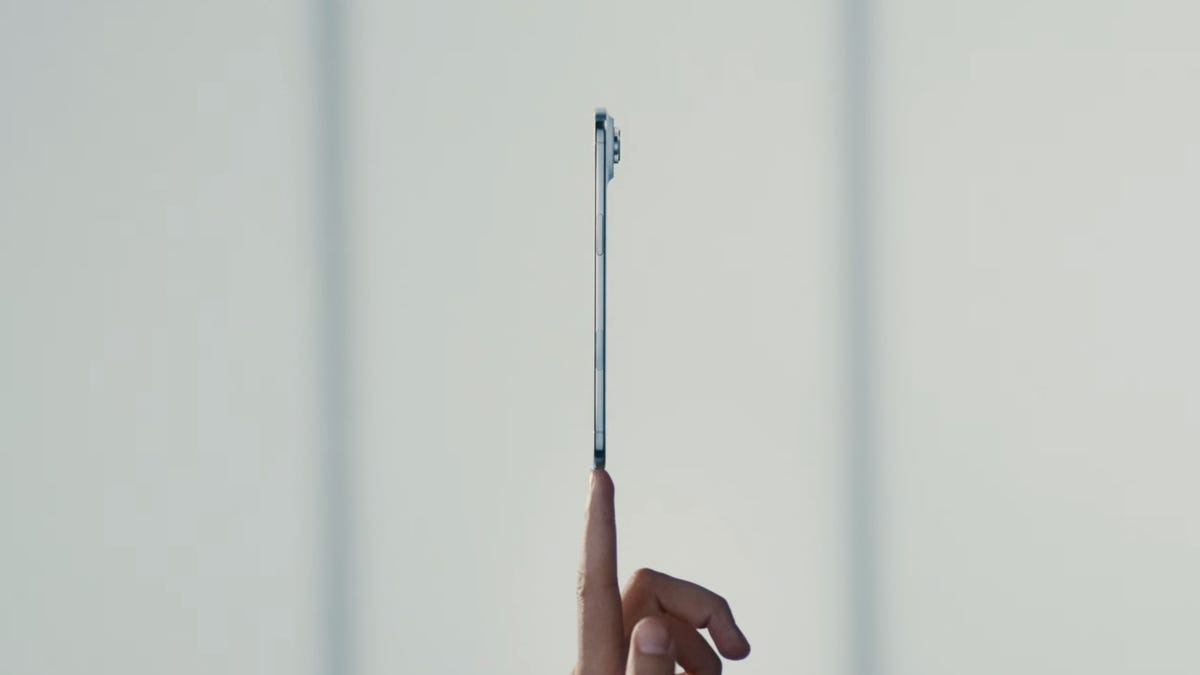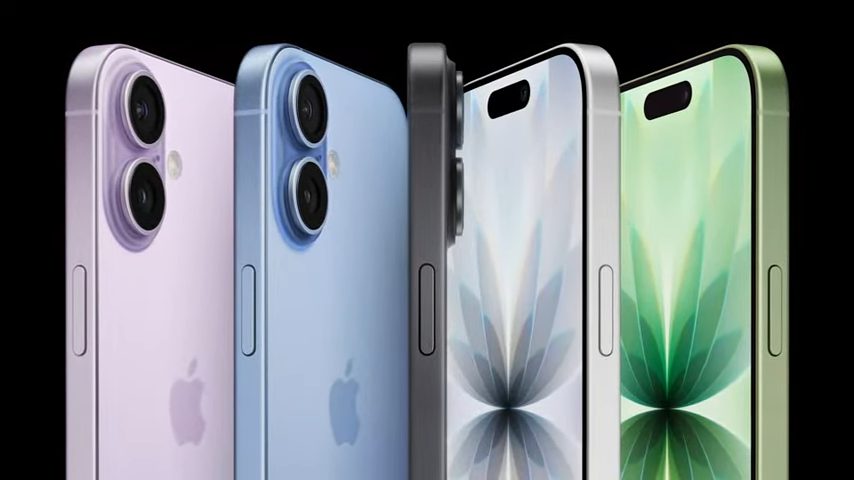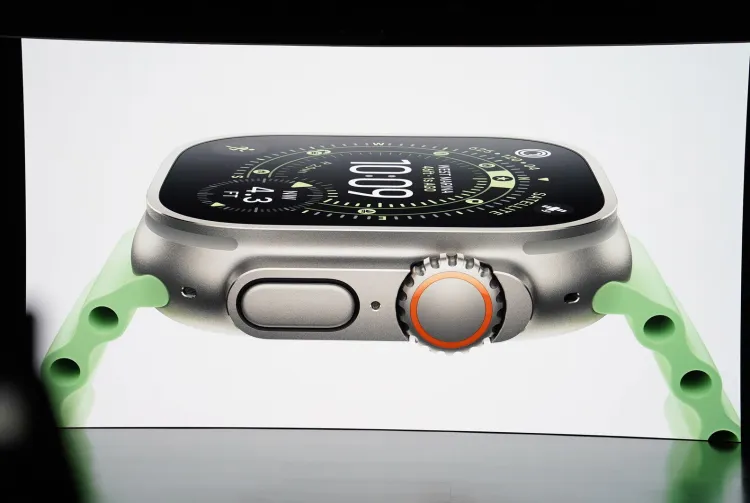Picture the small business owner who always pays their bills on time but watches their biggest client buy luxury items while owing them thousands. That’s exactly what’s happening to Tesla suppliers right now. The electric vehicle giant sits on unpaid invoices totaling $110+ million while shareholders just approved a $29 billion compensation package for Elon Musk. The fallout has already forced two American suppliers into bankruptcy.
The math doesn’t add up. Tesla can find 96 million shares worth billions for their CEO but can’t cut checks to the vendors who actually build their cars. These aren’t massive corporations that can absorb the hit—we’re talking about smaller American manufacturers who took huge risks on Tesla contracts and now face financial ruin because payment never arrived.
The problems extend far beyond unpaid bills. Tesla’s Chinese operations posted a devastating 8.4% sales decline in July, dropping to 67,886 vehicles. That brings their seven-month cumulative loss to 14% in what should be their strongest international market. Local competitors like BYD continue gaining ground while Tesla struggles to maintain relevance.
The sales slide reflects deeper brand damage that goes beyond product competition. Musk‘s increasingly polarizing political positions have triggered a customer exodus among Tesla’s traditionally liberal buyer base. When your CEO’s public statements make customers uncomfortable, they don’t just delay purchases—they switch brands entirely. Combined with a looming $243 million legal liability from an autopilot-related fatality, Tesla faces a crisis that strikes at the heart of consumer trust.
Tesla once represented innovation and environmental responsibility. Now it’s becoming synonymous with corporate irresponsibility—enriching executives while destroying the small businesses that made their success possible. The real question isn’t whether Tesla can solve these problems, but whether they still want to.


